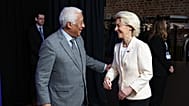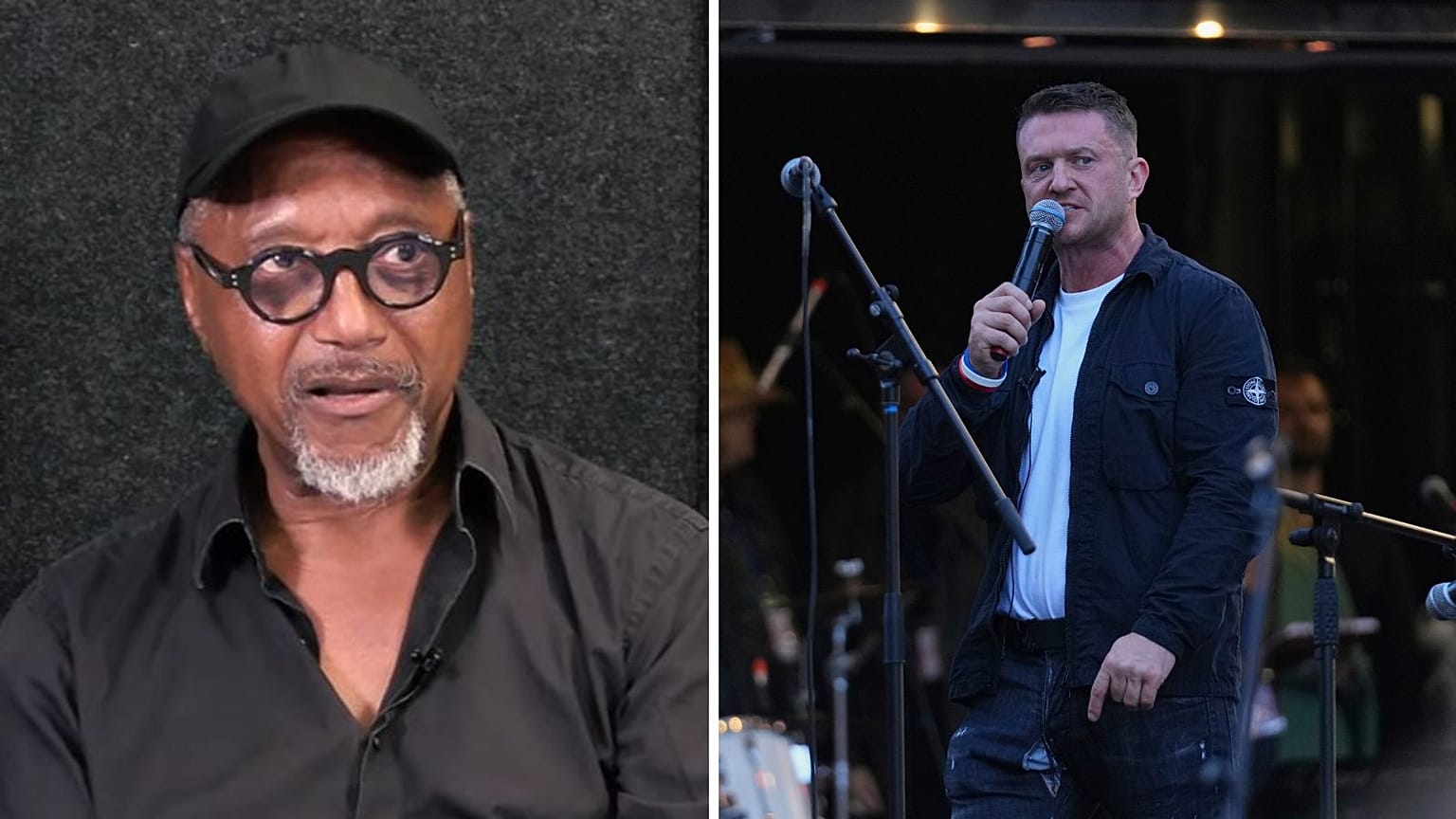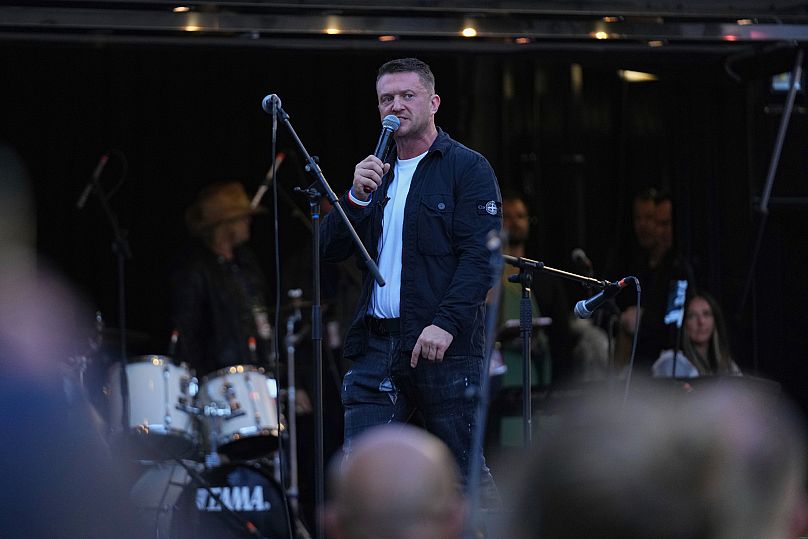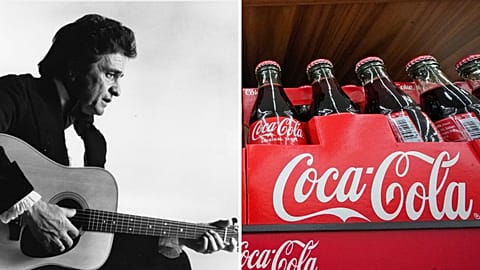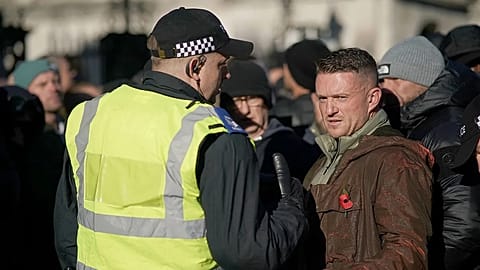Labi Siffre has issued a cease-and-desist order to far-right activist Tommy Robinson over the use of his anti-apartheid song in an anti-immigration rally earlier this month.
British singer-songwriter Labi Siffre has issued a cease-and-desist order to far-right activist and convicted criminal Tommy Robinson over his use of the song ‘(Something Inside) So Strong’ at a recent rally.
 ADVERTISEMENT
ADVERTISEMENT
 ADVERTISEMENT
ADVERTISEMENT
The 1987 hit featured prominently at the anti-immigration “Unite the Kingdom” rally in central London on 13 September, which was organised by Robinson - whose real name is Stephen Yaxley-Lennon.
Robinson, who regularly expresses Islamophobic, racist and derogatory opinions and has a long history of criminal convictions ranging from theft to assault, stalking and fraud, also used Siffre's song without prior approval in posts on social media.
‘(Something Inside) So Strong’ was written by Siffre as an anti-apartheid song, inspired by a television documentary about apartheid in South Africa in which white soldiers were shown shooting at black civilians in the street. Siffre also told the BBC in 2014 that the song was influenced by his experience as a homosexual.
The song went on to win an Ivor Novello Award and has been used in Amnesty International campaigns. It was said to be Nelson Mandela’s favourite song.
In an interview with The Guardian, Siffre, 80, has said that Robinson is “breaking all sorts of copyrights”, adding: “Even in an era when theft is easier than it ever was, it’s still theft.”
He further explained his objection to the song’s use by Robinson by saying: “Anybody who knows me and knows my work since 1970 will know the joke of them using the work of a positive atheist, homosexual black artist as apparently representative of their movement.”
At the September rally, Robinson invited former X Factor contestant Charlie Heaney to sing the song, and introduced it by saying: “I always like telling stories through music and this next song now is going to tell all of our stories of why we’re here and why we care.”
The Metropolitan police estimated that between 110,000 and 150,000 people attended the demonstration. At least 25 people were arrested, and 26 police officers were injured at the event.
Elon Musk gave a speech via video link at the demonstration, saying that “massive uncontrolled migration” was contributing to the “destruction of Britain”. He then spewed criticism on the “woke mind virus” and told the crowd “you either fight back or you die”.
UK Prime Minister Keir Starmer went on to condemn the "dangerous" comments made by Musk.
While the demonstration was one of the largest far-right protests in recent memory, Siffre added: “It’s just same old, same old. I wish the media would stop talking about this as an unprecedented movement. There’s nothing unprecedented about it. Anyone who has even the slightest knowledge of 20th-century history should know that.”
Siffre is far from the first artist who has had to condemn or issue cease-and-desist orders so that their music is not used for political reasons.
Donald Trump is renowned for using songs without authorisation. Last year, Jack White added his name to an ever-growing list of artists suing Trump over the illegal use of their songs in campaign videos. The singer filed a copyright infringement lawsuit, with the band The White Stripes opposing Trump’s use of their song ’Seven Nation Army’ in a political video.
Other artists who have criticsed Trump for his use of their work include the estates of Isaac Hayes and Sinéad O'Connor, as well as Céline Dion and Beyoncé.
According to Rolling Stone, Beyoncé’s record label issued a cease-and-desist letter to the Trump campaign after the former President’s spokesperson Steven Cheung posted a now-deleted video on X of Trump stepping off an airplane with the song ‘Freedom’ playing the background. This took place days after the singer approved the song as the official anthem for Kamala Harris’ presidential campaign.

